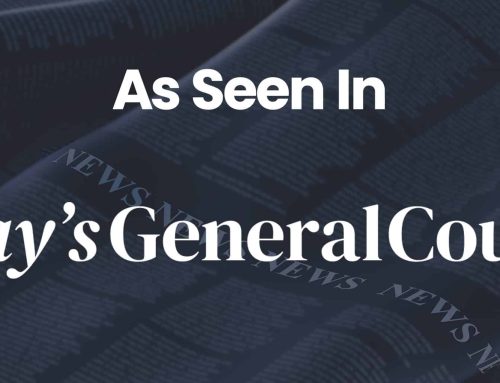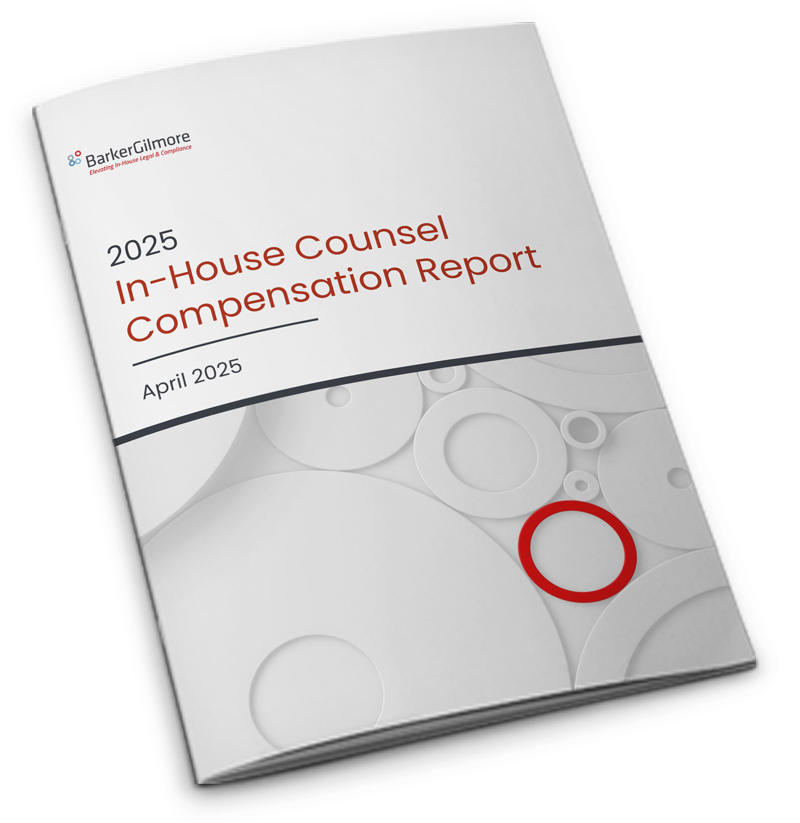The strategic value of the general counsel to the board of directors depends on and is directly proportional to the scope of free and open communication between the board and the general counsel. It is common, if not universal, for the general counsel to attend all regular meetings of the board and important committees. In that context, regular reviews and discussions regarding corporate governance, significant lawsuits and investigations, important compliance matters and enterprise risk management issues should take place.
Improving the clarity and thoroughness of these communications while developing preventive law plans to reduce the number of things requiring discussion should be part of any general counsel’s strategic legal plan and is essential to establishing a robust and healthy corporate culture. However, further leveraging the chief legal officer as a strategic asset requires additional communication on a topic for which there may not be a regular review—the corporate culture.
The singular importance of corporate culture is widely recognized. Get it right and it will be a key differentiator to a company’s long-term success and stellar reputation. Get it wrong and it’s the toxic environment often identified after-the-fact as contributing to low morale, employee attrition, poor corporate performance and, in the worst cases, malfeasance, crippling legal liability and the necessity for crisis management. Incisive directors continually search for opportunities to determine where their company falls or is trending on that broad spectrum.
Interestingly, general counsels, of all executives, may be as underutilized as they are uniquely suited to provide useful insight into key aspects of the corporate culture. This may not be immediately apparent, so it’s worthwhile to consider the dual roles in which general counsels serve; their broad and far-flung set of interactions within all levels of the company; and their professional training and the critical observation and analysis that informs their experiences.
First, as a partner to the business, the day-to-day experiences of the general counsel are remarkably broad. The general counsel is at the intersection of virtually all material matters of economics, laws and ethics within the company. He or she will be involved in everything from overseeing material transactions and litigation to interfacing with the C-Suite and serving as
legal counselor to both in-house lawyers and their clients across businesses, functions and geographies. These regular interactions provide unique access to and participation in the unfiltered decision-making and principle-utilizing processes taking place at all levels of the company.
Foremost, the general counsel bears an ethical and professional duty to pursue the best interest of the corporation as a whole, not to any particular individual or constituency. This duty creates a heightened sense of independence that engenders objectivity by a professional already trained to be analytical, observant and detail oriented.
Providing regular opportunities for directors to take advantage of the often unique perspective of the general counsel is critical, the formality (or not) of these meetings much less so. In one form or another, the board and its committees should be encouraged by the chairman, with the agreement of the CEO, to seek the general counsel’s views on matters relative to corporate culture.
The best discussions will be grounded in facts and circumstances specific to the company, but certainly could include important matters indicative of corporate culture. Examples include instances when key decisions were taken where the law was not clear-cut but the path to proceed had to be; where near misses occurred in the realm of compliance; or where strong views were split and tough, principle-based choices had to be made.
In addition to one-on-one communications, the board and certain key committees could decide periodically (at least annually) or on an ad hoc basis to meet privately with the general counsel in executive session, just as it does with the company’s independent auditors.
To be clear, these interactions are emphatically not meant to be an opportunity for directors to
second-guess day-to-day business decisions. That is not their role. Nor are they intended for any “up-the-ladder” communications on matters more grave, where the focus will already be backward-looking and would be subject to a distinct timetable and process. Rather, the proposed informal and formal interchanges would encourage “into the mind” inquiries of the general counsel.
Ultimately, the idea is to provide the board with potentially unique insight and a more focused lens to improve its oversight capabilities in respect of matters brought before it in the boardroom and the corporation’s operating culture itself.
Gjon Nivica, Jr. was former SVP and General Counsel of Celanese Corporation, a Fortune 500 global technology and specialty materials company. Currently, Gjon is a Strategic Advisor & Executive Coach of BarkerGilmore, a boutique firm recognized by CEOs, boards, and executives as best-in-class legal and compliance executive search consultants, GC/CCO advisors and leadership coaches. Gjon can be reached at gnivica@barkergilmore.com.
Connect with a legal recruiting advisor
* indicates required fields



